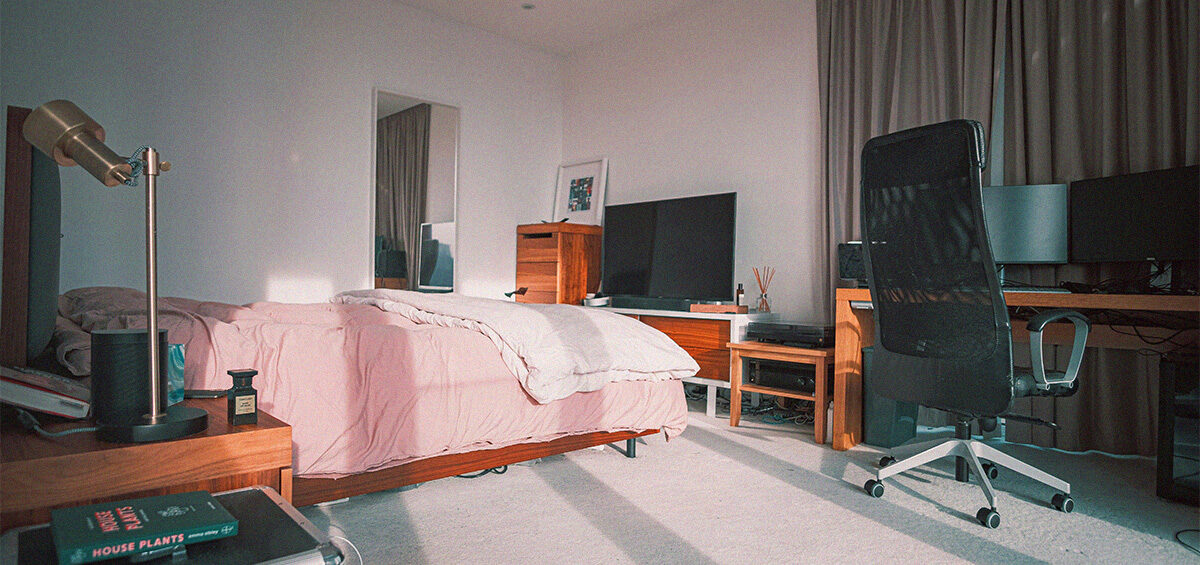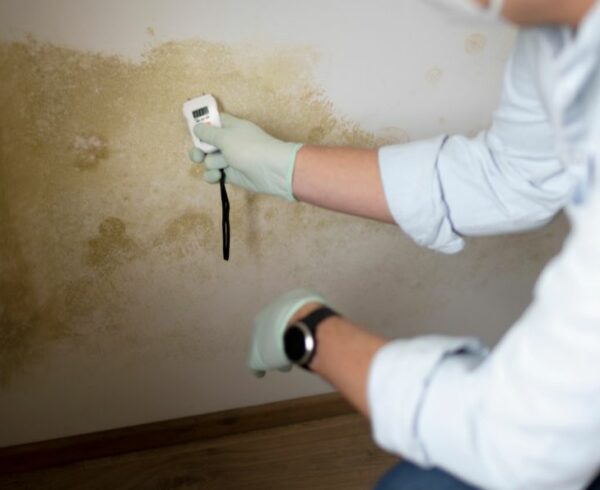Finding suitable accommodation as a student can be difficult. Whether you are staying local, heading to a new city, or even moving to a new country, choosing the place you will live for the next year of your life (if not longer) is a daunting task. This can potentially be made more difficult by private landlords.
Ms Roberts moved into her student accommodation under an assured shorthold tenancy agreement (known as an AST), paying £455 as a deposit to her landlord.
Legally, a tenancy deposit cannot be more than 5 weeks’ worth of rent and must be protected within 30 days by the landlord. The deposit must be protected using one of three government-approved schemes and a reference must be provided to the tenant within 30 days of receiving the transfer. Despite the landlord and then the deposit service possessing this money, it remains the property of the tenant.
Ms Roberts received her deposit back after her one-year fixed-term tenancy expired and discovered that the landlord had failed to comply with the legal obligation to safeguard it in a deposit protection scheme, and by extension, had failed to notify her of where her deposit was protected.
Beginning a Tenancy Deposit Compensation Claim
Discovering that her deposit had not been protected as was legally required, Ms Roberts asked The Brief Claims for advice. The Brief Claims prepared and sent a letter of claim to the landlord, demanding compensation for Ms Roberts. The case was resolved in just 15 days, with Ms Roberts receiving £1365 – three times the amount of her deposit.
When asked for comment, Ms Roberts said: “I am very satisfied with the help of The Brief Claims. The guidance and communication along the process has been very good.”
Melissa Moulsdale, the trainee solicitor handling Ms Roberts’ case, said: “Ms Roberts’ case was a clear-cut instance of a landlord failing in their duty to protect their student tenant’s deposit. While most landlords require a deposit to protect against careless, unruly, or difficult tenants, there are specific laws surrounding the protection of that deposit.
“We believe a shockingly substantial number of students renting from private landlords are suffering because their landlords are either unaware or do not care that the deposit needs to be protected legally. Failure to protect the deposit correctly means that student tenants are at much greater risk should their landlord decide to make deductions at the end of the tenancy. This includes those demanding that carpets be professionally cleaned, walls be painted, or furniture be replaced due to general wear and tear.
“We also believe that student tenants are at greater risk due to the relatively fast turnaround, as the majority of student tenants do not stay at the same property for more than a year.”














